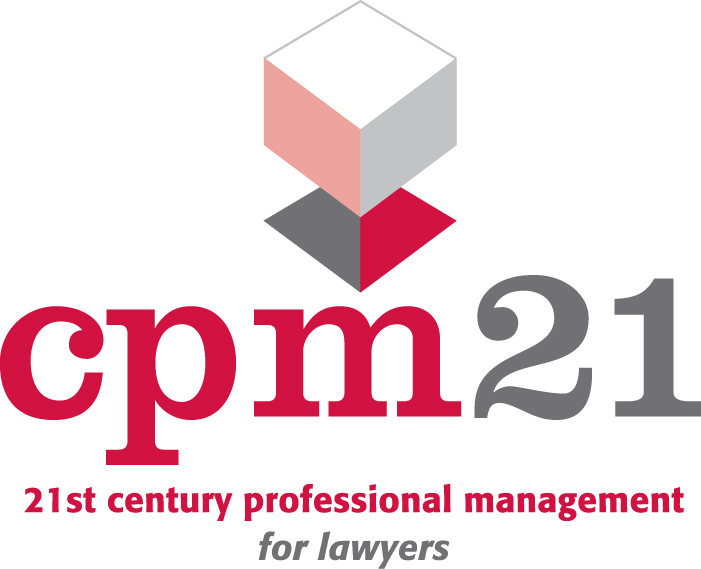Staff retention – Do you have trouble retaining the lawyers in your firm?

Feedback across the legal sector shows that law firms are finding recruitment tougher than ever with firms both large and small struggling to recruit the lawyers they need to achieve their growth plans.
More reason than ever then, for law firms to redouble their efforts to hang onto their existing lawyers, although that may be easier said than done with the Chartered Management Institute reporting that 1 in 5 employees are currently thinking of resigning and changing jobs.
High lawyer turnover rates are bad for business. Staff churn is expensive – productivity slows as the departing lawyer “checks out;” It takes time for a new recruit to get up to speed and fully utilised; recruitment may have a direct financial cost, particularly if a recruitment agent is involved; and high turnover rates are bad for the reputation of your business, making it even harder to recruit.
In this article cpm21 Senior Associate Consultant Ian Hopkins gives his thoughts on how an effective career progression scheme can improve lawyer motivation and engagement at your firm, increasing the chances of lawyers remaining in post as a result.
“In my experience lawyers want to feel part of their firm’s progression and understand what they have to do to “get on” by way of promotion”.
If lawyers are unclear as to how career progression works, or worse, that career progression is not taken seriously by the partners, frustration will build, and the chances of the lawyer departing will increase.
The principles involved in a good career progression scheme apply equally to large and small firms. Keep the scheme as simple as possible and avoid over complicating matters.
Before designing a scheme, I would recommend that the Managing Partner consults with the lawyers and gain their thoughts as to how it should work. Avoid imposing a top-down system of promotion on your lawyers. It is important that lawyers feel they have ownership of the scheme.
Consider what stages of promotion are appropriate for your firm. In small firms I would suggest Associate – Senior Associate – Salaried Partner/Director – Equity Partner/Director.
Set out the behaviours you want to encourage. Include both legal and business skills such as managing people and business development. The sooner your lawyers understand that they have a responsibility to bring work into the firm and that there is a direct link to career progression the better.
Some firms take the view that a PQE requirement is necessary for promotion, whilst other firms do not. There is no right or wrong approach to this, it depends on what suits your firm. Whatever you decide you will need consistency of approach.
Providing regular feedback to the lawyer as to how he/she is progressing through performance review meetings is especially important so there are no misunderstandings as to performance levels.
And finally, so that your lawyers understand how the career progression scheme works, include it in your office manual or intranet if you have one so that you have maximum transparency with your lawyers.
In my experience a career progression scheme that supports progression based on merit ensuring consistency, fairness, and equality is likely to improve lawyer morale and engagement, which in turn will improve the chances of your lawyers remaining with you as you implement your business plan.”
If you would like to discuss any of the themes raised in this article, please contact Wayne Williams, Paul Jones, or Ian Hopkins of cpm21 who will be delighted to hear from you.




